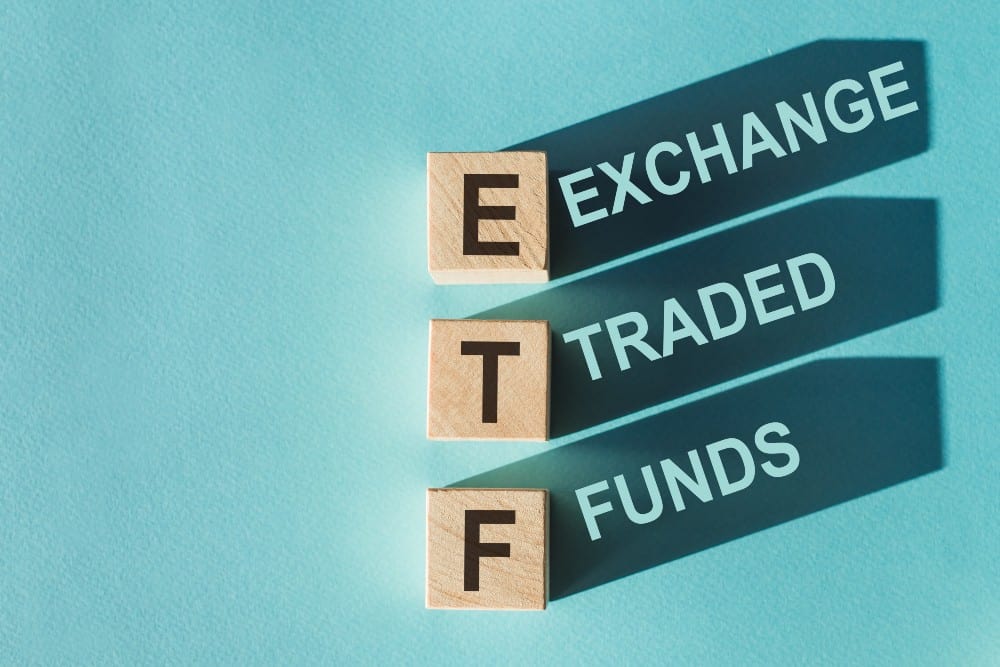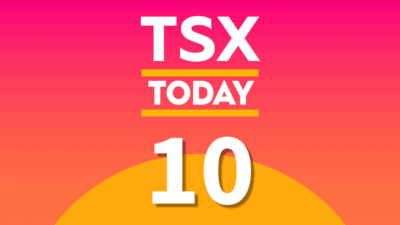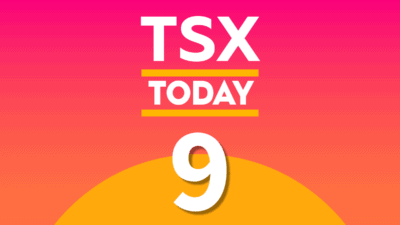Investing in asset classes that help you beat inflation is crucial as it helps households generate wealth over time. For several years, the stock market has been a vehicle for investors looking to create game-changing returns. While stocks have outpaced inflation consistently, investing in this asset class is quite tricky.
With more than 6,000 stocks listed on major exchanges south of the border, just a handful of these companies are poised to beat the broader markets over time. So, investing in individual stocks is extremely risky, which makes financial products such as exchange-traded funds (ETFs) an ideal investment option.
What is an ETF?
Typically, an ETF provides exposure to a basket of stock portfolios, offering diversification and lowering overall risk. An ETF can manage a portfolio of investments such as stocks, real estate, bonds, gold, or a combination of these assets.
Similar to a stock, an ETF is traded on an exchange, providing liquidity at a low cost. Several ETFs are managed passively, which means they aim to replicate the performance of a particular index, such as the S&P 500 or Nasdaq. Alternatively, multiple ETFs are passively managed by investment houses that aim to beat the market.
As the majority of fund managers fail to beat the underlying index, passive investing has gained popularity in recent years due to its steady returns and low management fees.
What is Vanguard Total Stock Market ETF?
One popular ETF among U.S. investors is Vanguard Total Stock Market ETF (NYSEMKT:VTI), a fund that tracks the performance of the CRSP U.S. Total Market Index. Basically, the VTI is a market-cap-weighted index that provides exposure to the entire stock market in the U.S., which is also the world’s largest economy.
VTI ETF holds 3,663 stocks and is passively managed using an index-sampling strategy. With an expense ratio of 0.03%. the VTI fund is quite cheap and has attracted US$1.6 trillion in total assets under management. The median market cap of the index is US$165.6 billion, and the largest holdings of the fund include Microsoft, Apple, Nvidia, Amazon, Alphabet, and Meta Platforms.
Due to the impressive rally of big tech giants in the past decade, the information technology index accounts for 33.5% of the ETF, followed by consumer discretionary, industrials, and healthcare at 13.7%, 12.6%, and 11.5%, respectively.
In addition to capital gains, the VTI ETF offers shareholders a dividend yield of 1.3%.
Is VTI ETF a millionaire maker?
The VTI ETF was launched in 2001 and has since returned 8.7% annually to shareholders. If we adjust for dividends, cumulative returns are close to 620%, which is higher than the S&P 500 index returns of 566.6%. Generally, a stock that returns investors at least 1,000% over a two-decade period is defined as a millionaire maker.
We can see that VTI ETF is not a millionaire maker. However, it remains a top investment choice for investors seeking to gain exposure to equities at a low cost. Over the years, the fund has been a popular way to save for retirement and build long-term wealth.








